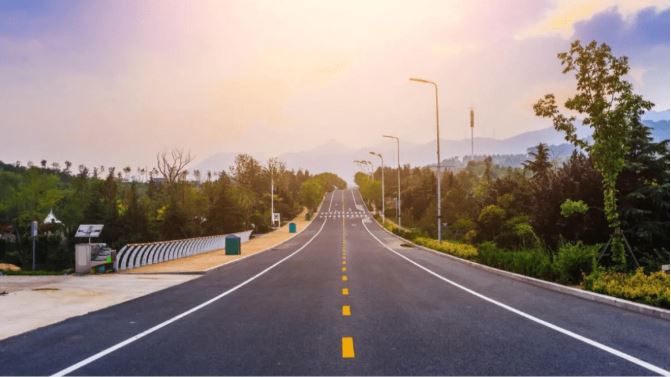In a major boost to India’s highway development program, the government has successfully completed over 20,770 kilometres of road projects under the Bharatmala Pariyojana, the country’s most ambitious infrastructure initiative. This progress comes as part of the 26,425 km of highway length awarded so far under Phase I of the project, reflecting a strong push toward improving national connectivity and logistics efficiency.
Bharatmala Pariyojana, launched in 2017, is aimed at bridging critical infrastructure gaps across the country by developing a total of 34,800 km of highways. The program focuses on building economic corridors, border roads, port connectivity, expressways, and inter-corridor routes to streamline movement of goods and passengers. The progress of more than 20,770 km places India well on track to achieve its long-term infrastructure targets, despite challenges like land acquisition delays and rising construction costs.
The expressways and highways built under Bharatmala are expected to significantly reduce logistics costs, which have historically been among the highest in the world. Faster connectivity between production zones, markets, ports, and consumption centres is being viewed as a crucial enabler of India’s economic growth, especially in sectors like manufacturing, agriculture, and exports.
According to government data, the current national highway network has expanded from around 91,000 km in 2014 to over 146,000 km by mid-2025, with Bharatmala playing a central role in this transformation. The use of advanced technologies such as GPS-based monitoring, drone surveys, and digital project management tools has also helped accelerate construction timelines and improve quality control.
Beyond infrastructure, Bharatmala has had social and economic impacts on regions along the new corridors. Improved road access has led to better connectivity to education, healthcare, and employment opportunities in rural and remote areas. A recent study by IIM Bangalore also highlighted the positive effects on household incomes and local economic activity near newly developed corridors.
As work continues on the remaining projects under Phase I, the Ministry of Road Transport and Highways is expected to complete the full set of awarded works by 2027–28. Discussions are already underway for Phase II of Bharatmala, which is likely to expand the scope further into new states and regions.
This achievement not only marks a strong stride forward in India’s infrastructure journey but also reflects the government’s commitment to building a modern, efficient, and inclusive road network that fuels long-term development.
